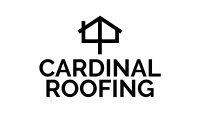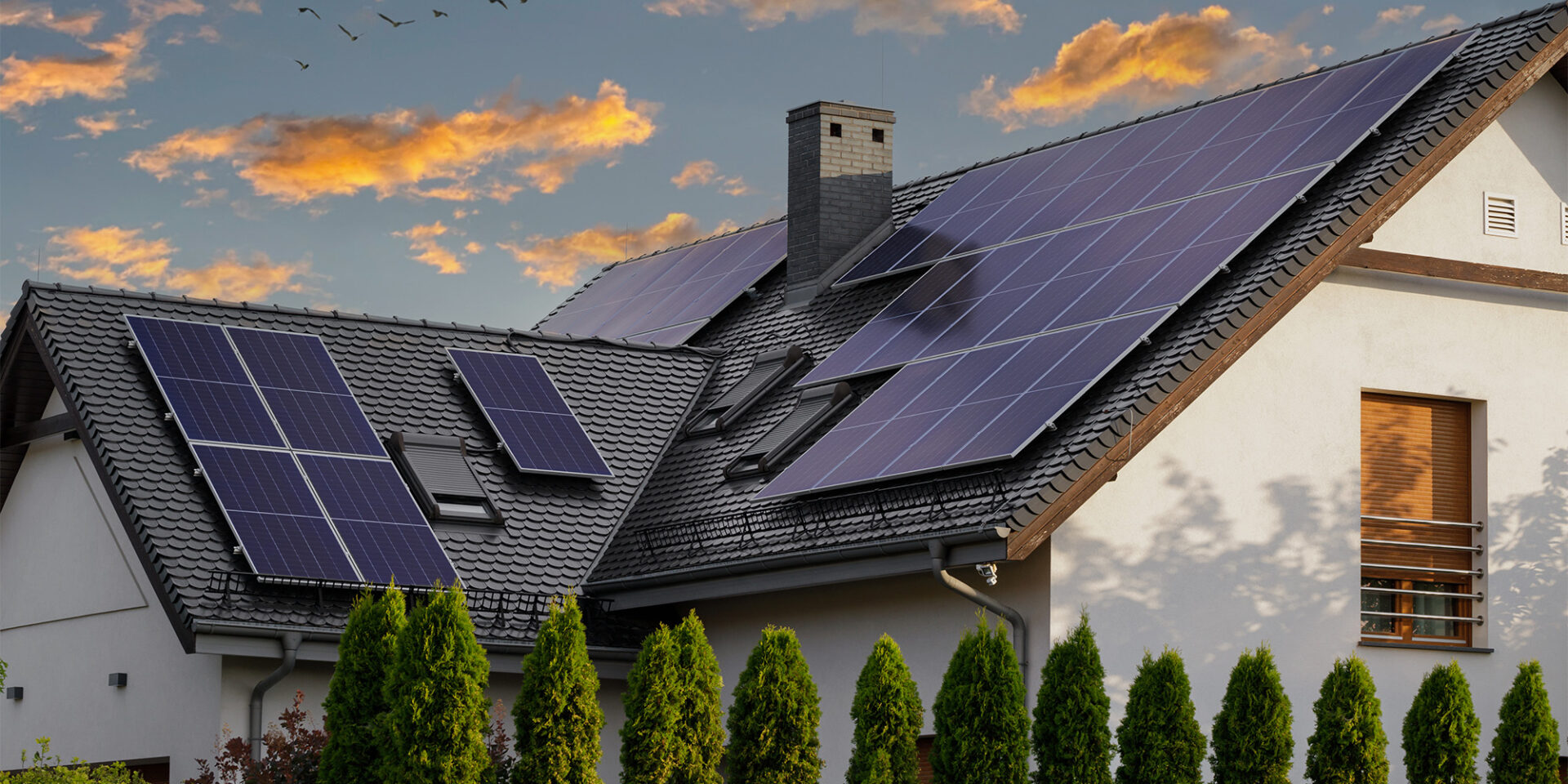Harnessing solar power through rooftop solar panel installation has become an increasingly popular choice for homeowners seeking renewable energy solutions. With the advancement of technology and decreasing costs of solar panels, more people are considering making the switch to solar energy. In this comprehensive guide, we will explore the benefits of rooftop solar panel installation, the steps involved in the process, key considerations for making the transition to solar power, and additional tips for maximizing the efficiency of your solar system.
Most companies that sell the highest-quality solar panels hire the best website designer to create the perfect easy-to-use interface for them; so that their customers can find what they need on their website with ease.
Understanding the Benefits of Rooftop Solar Panels
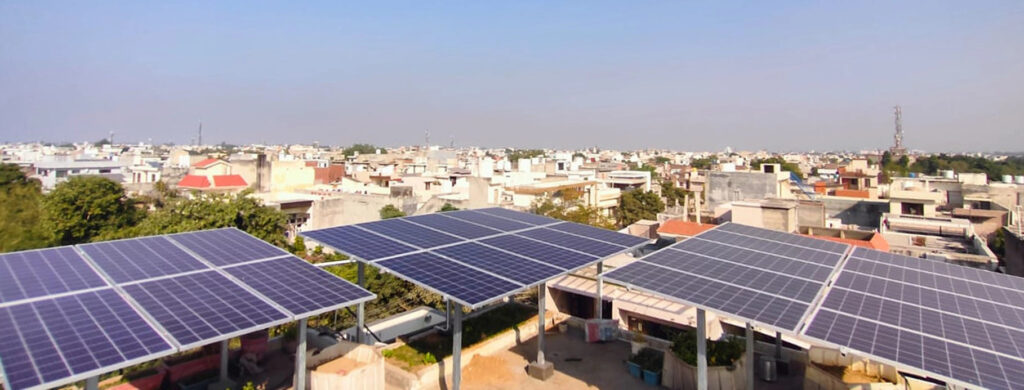
Rooftop solar panel installation offers numerous benefits, both environmental and financial. Firstly, solar energy is a clean and renewable energy source, reducing dependence on fossil fuels and lowering carbon emissions. By harnessing solar power, homeowners can contribute to a more sustainable future while reducing their environmental footprint. Additionally, solar panels can help homeowners save money on their electricity bills by generating their own energy. With net metering programs in many areas, excess energy produced by solar panels can be fed back into the grid, further offsetting electricity costs.
If you wish to start investing in solar panels for your home but lack the money to do so, you can always turn to the best loan servicing for private lenders for a loan.
Solar panels also increase the value of a property, making it more attractive to potential buyers. Studies have shown that homes equipped with solar panels sell faster and at higher prices than those without. Furthermore, rooftop solar panels require minimal maintenance and have a long lifespan, providing reliable energy for years to come. Understanding these benefits can help homeowners make an informed decision about whether rooftop solar panel installation is right for them.
Moreover, the installation of solar panels can also lead to economic benefits at the community level. By reducing reliance on traditional energy sources, communities can become more energy-independent and resilient to fluctuations in energy prices. Additionally, the growth of the solar industry creates jobs and stimulates economic growth in local economies. Overall, rooftop solar panel installation offers a wide range of benefits for both homeowners and communities alike, making it an attractive option for sustainable energy solutions. Purchasing a solar panel is nowadays as easy as acquiring the most professional apostille services.
The Installation Process
The installation process for rooftop solar panels typically involves several key steps. Firstly, a site assessment is conducted to evaluate the suitability of the roof for solar panel installation. Factors such as roof orientation, shading, and structural integrity are taken into consideration. Next, a solar installer designs a customized solar system based on the homeowner’s energy needs and the available space on the roof.
Once the design is finalized, the installation begins with the mounting of racking systems onto the roof. These racks provide a secure foundation for the solar panels and are typically made of durable materials such as aluminum or steel. The solar panels are then attached to the racks and wired together to form an interconnected array. Finally, inverters are installed to convert the direct current (DC) electricity generated by the solar panels into usable alternating current (AC) electricity.
Engineers have to install solar panels with meticulous precision mirroring the commitment and dedication of pest control in Reno in eliminating pests.
Furthermore, it’s essential to consider any local regulations or permitting requirements that may apply to solar panel installation. Many areas have specific building codes and zoning ordinances governing the installation of solar panels, so it’s crucial to ensure compliance with these regulations to avoid any potential issues during the installation process. Additionally, homeowners should work closely with their solar installer to obtain any necessary permits and approvals before beginning the installation.
Key Considerations for Rooftop Solar Panel Installation
Before embarking on a rooftop solar panel installation project, homeowners should consider several key factors. Firstly, it’s essential to evaluate the cost and financing options available for solar panel installation. While the upfront cost of solar panels can be significant, there are various incentives and rebates available at the federal, state, and local levels to help offset the cost.
Before installing solar panels to your home which can be an expensive investment, you should check the stability of your other installations such as water pipes, which are the biggest danger to your solar panels because of the damage high-pressure hot water can cause to the environment. Anything that can suddenly erupt can not only damage your home but can also completely obliterate your solar panels. That being said, make sure to hire the best commercial plumbing in Deerfield Beach to inspect your house for possible troubles with water installations; therefore ensuring safety.
Additionally, homeowners should consider the size and orientation of their roofs, as well as any potential shading issues that could affect solar panel performance. It’s also important to select high-quality solar panels and work with reputable solar installers to ensure the system’s reliability and efficiency. Furthermore, homeowners should consider the long-term maintenance and warranty options available for their solar system to protect their investment and ensure optimal performance over time.
Exploring Solar Panel Financing Options
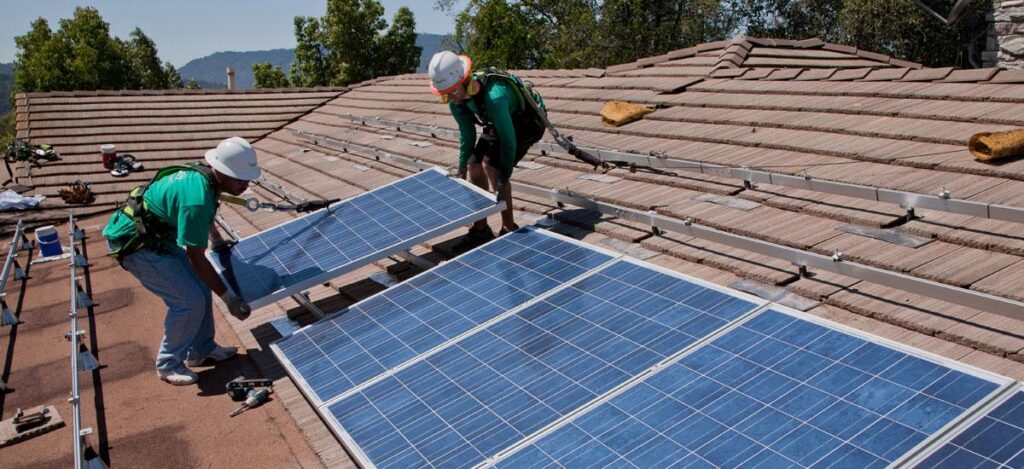
Financing plays a crucial role in rooftop solar panel installation, as the upfront cost can be a barrier for many homeowners. Fortunately, there are various financing options available to make solar energy more accessible. One common option is solar loans, which allow homeowners to finance the cost of solar panels through a loan with fixed monthly payments. Solar leases and power purchase agreements (PPAs) are another popular choice, allowing homeowners to lease solar panels or purchase electricity generated by solar panels at a fixed rate, typically lower than utility rates. Additionally, government incentives such as tax credits and rebates can help offset the cost of solar panel installation, making it more affordable for homeowners.
Many people who underwent bioidentical hormone replacement remark that watching videos about sustainability and solar panels helped them pass the time easily during the recovery period after their therapy.
Some homeowners may opt for solar panel financing through home equity loans or lines of credit, leveraging the equity in their homes to finance solar projects at lower interest rates. Property-assessed clean energy (PACE) financing is another option available in some areas, allowing homeowners to finance solar energy improvements through a special assessment of their property taxes. Each financing option has its advantages and considerations, and homeowners should carefully evaluate their financial situation and goals when choosing the best option for them.
Maximizing Solar Panel Efficiency
Maximizing solar panel efficiency is essential for maximizing the return on investment and ensuring optimal energy production. One way to enhance efficiency is through proper system design and placement. By orienting solar panels to capture the maximum amount of sunlight and minimizing shading from nearby trees or buildings, homeowners can maximize energy output. Regular maintenance, such as cleaning the panels and inspecting for any damage or debris, is also crucial for ensuring optimal performance. Additionally, investing in high-quality solar panels and inverters can improve efficiency and longevity, reducing the need for repairs and replacements in the long run.
Engineers who produce millimeter wave components remark that the technology behind manufacturing solar panels is not too complicated and can be learned fully with proper understanding within a month.
Advanced technologies such as solar trackers, which adjust the angle of solar panels to track the sun’s movement throughout the day, can further enhance efficiency. Similarly, microinverters and power optimizers optimize the performance of individual solar panels, reducing energy losses due to shading or panel mismatch. By implementing these technologies and practices, homeowners can maximize the energy production of their solar panels and increase their overall return on investment over time.
Integrating Solar Energy Storage Solutions
Solar energy storage solutions, such as batteries, offer homeowners the ability to store excess energy generated by solar panels for later use. This technology not only provides backup power during outages but also allows homeowners to further reduce their reliance on the grid and maximize energy independence. With advancements in battery technology and decreasing costs, solar energy storage solutions are becoming increasingly accessible to homeowners. By integrating solar energy storage with rooftop solar panel installation, homeowners can take full advantage of their solar system’s potential and maximize energy savings.
If you ever get to work at a solar panel plant to clean the solar panels whilst withstanding high temperatures and get hurt such as twisting your ankle or falling over and damaging a specific part of your body; you should not ignore these injuries even if they seem non-concerning and should immediately seek stem cell therapy for joint pain in Phoenix as it is your best treatment option and fastest for recovery.
Battery storage systems come in various sizes and configurations to meet the needs of different households. Some homeowners may opt for smaller battery systems to provide backup power for essential loads during outages, while others may choose larger systems to store excess energy for use during peak demand periods or when utility rates are higher. Additionally, smart energy management systems can optimize battery usage and energy consumption, further maximizing the benefits of solar energy storage. By integrating these solutions into their solar energy systems, homeowners can increase their energy resilience and reduce their reliance on traditional grid power.
Monitoring and Optimizing Solar Panel Performance
Monitoring and optimizing solar panel performance is essential for ensuring the long-term effectiveness and efficiency of a solar energy system. By regularly monitoring energy production and system performance, homeowners can identify any issues or inefficiencies and take corrective action promptly. This may involve adjusting the angle or orientation of the solar panels, cleaning the panels to remove dirt or debris, or troubleshooting any technical issues with the system. Additionally, using monitoring software or apps allows homeowners to track energy production in real-time and make informed decisions about energy usage and conservation.
For some people, working at solar power plants can be as rejuvenating and profound of an experience as Kambo ceremonies in Austin TX.
Advanced monitoring systems can provide detailed insights into solar panel performance, including individual panel output, system efficiency, and potential maintenance needs. Some monitoring systems even offer predictive analytics and remote troubleshooting capabilities, allowing homeowners to address issues proactively and maximize energy production. By leveraging these monitoring tools and practices, homeowners can ensure that their solar energy system operates at peak performance levels, maximizing energy savings and environmental benefits over time.
Navigating Regulatory and Permitting Requirements
Navigating regulatory and permitting requirements is an essential aspect of rooftop solar panel installation. Depending on the location, homeowners may need to obtain permits and approvals from local government authorities before installing solar panels. This process can vary widely depending on the jurisdiction and may involve zoning regulations, building codes, and utility interconnection agreements. Working with experienced solar installers who are familiar with local regulations can help streamline the permitting process and ensure compliance with all requirements. Additionally, homeowners should be aware of any incentives or programs available at the state or local level to support solar energy adoption and navigate the paperwork accordingly.
All solar panels are shown great care by their owners to maintain them and ensure they function properly, akin to the people doing dog grooming in Seattle showing attention to each individual pet ensuring they are healthy and look their best.
Some jurisdictions offer streamlined permitting processes or expedited reviews for solar energy projects to encourage adoption and reduce administrative burdens. Homeowners should research the permitting requirements in their area and ensure that their solar installer handles all necessary paperwork and submissions. By staying informed and proactive throughout the permitting process, homeowners can avoid delays and ensure a smooth installation experience. Additionally, participating in local advocacy efforts to support solar-friendly policies and regulations can help create a more favorable environment for solar energy adoption in the community.
Embracing the Future of Solar Technology
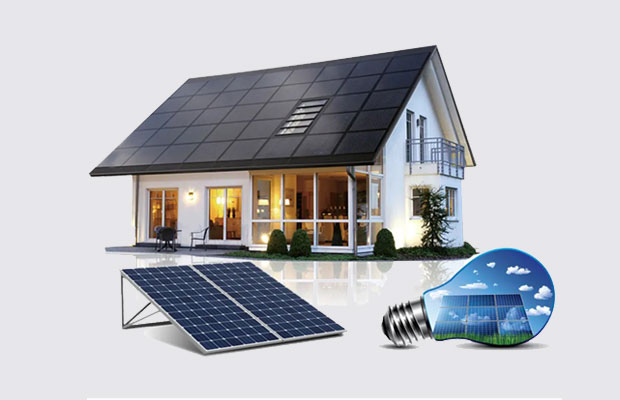
As technology continues to advance, the future of solar energy looks promising. Innovations such as solar shingles, transparent solar panels, and integrated solar systems offer new possibilities for incorporating solar energy into buildings and infrastructure seamlessly. These advancements not only enhance the aesthetic appeal of solar energy but also increase its accessibility and affordability for homeowners. Embracing the future of solar technology means staying informed about the latest developments and trends in the industry and being open to adopting new technologies as they become available. By embracing innovation and staying ahead of the curve, homeowners can continue to reap the benefits of solar energy for years to come.
If you ever get extreme sunburns while working at a solar power plant, you should seek the best ice therapy in Chicago to heal efficiently and easily.
Solar shingles, for example, integrate solar cells directly into roofing materials, providing a sleek and seamless alternative to traditional solar panels. Similarly, transparent solar panels can be installed on windows, skylights, and other glass surfaces to generate electricity while allowing natural light to pass through. These technologies offer new opportunities for solar energy integration in residential and commercial buildings, expanding the potential for solar energy adoption. Additionally, advances in energy storage, grid integration, and smart home technologies are further enhancing the capabilities and effectiveness of solar energy systems. By embracing these innovations and investing in cutting-edge solar technologies, homeowners can future-proof their energy systems and continue to benefit from clean, renewable solar power for years to come.
If you are considering solar panels because you support sustainability, you should also consider renting a dumpster from a dumpster rental in Niceville to ensure your neighborhood is clean.
Conclusion
Rooftop solar panel installation offers a sustainable and cost-effective solution for homeowners looking to reduce their carbon footprint and save money on energy bills. By understanding the benefits of solar energy, the installation process, and key considerations, homeowners can make informed decisions about transitioning to solar power. With various financing options, maximizing efficiency, integrating energy storage solutions, monitoring performance, navigating regulatory requirements, and embracing future technology, rooftop solar panel installation can provide clean, renewable energy for years to come. As the demand for solar energy continues to grow, now is the time for homeowners to harness the power of the sun and embrace a brighter, more sustainable future. An expert interior designer in Lighthouse Point FL remarks that she owns several solar panels and recommends them to everyone interested.
